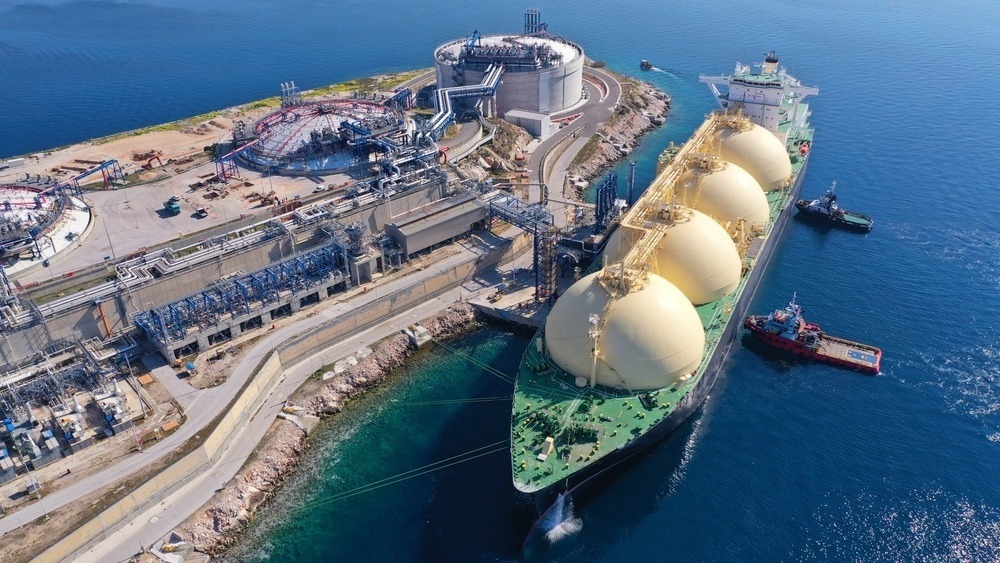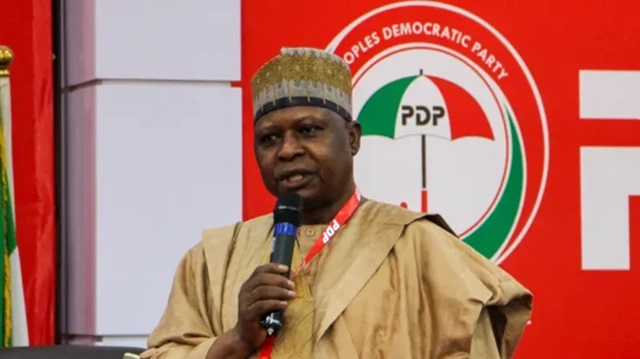Nigeria, with its substantial natural gas reserves of over 209 trillion cubic feet, experienced a drop in earnings from liquefied natural gas (LNG) exports, reaching a three-year low in the first quarter of this year. Despite being ranked as the ninth-largest gas reserve in the world, the country harnesses only around 8 billion standard cubic feet per day (bscf) of gas, with a significant portion allocated for the export market. According to government data, Nigeria earned N622 billion from LNG exports in the first quarter, marking the lowest in five quarters, and analysts attribute this decline to security challenges.
The National Bureau of Statistics (NBS) reported an 18% drop in Nigeria’s LNG sales from N757 billion in the third quarter of last year. This setback comes two years after the federal government launched the ‘Decade of Gas’ program, aimed at utilizing the country’s gas resources. However, key projects under this initiative have been overlooked. Factors contributing to the decline in LNG production include frequent attacks on oil and gas facilities, increasing production costs, the need for advanced drilling technology, and community-related issues. These issues have led to a reduction in associated gas, which serves as feed gas for LNG companies, enabling purification, liquefaction, and export.
Other factors impacting Nigeria’s natural gas sales include the migration from onshore to deep offshore fields by international oil companies (IOCs), declining output due to field maturity, a reluctance to drill new wells, and delays in setting up a bid process to allocate new oil and gas blocks. Furthermore, the delay in expediting drilling for non-associated gas in natural gas wells within prolific deep offshore fields has contributed to the dip in sales.
According to the NBS, Nigeria earned N622 billion, N704 billion, N757 billion, N735 billion, and N655 billion in Q1 2023, Q4 2022, Q3 2022, Q2 2022, and Q1 2022, respectively. The report highlights that natural gas sales accounted for 9.59% of the total export share in the first three months of this year.
The ‘Decade of Gas’ initiative is founded on the belief that gas is a significant driver of economic growth and development. Despite Nigeria’s substantial natural gas reserves, there is a need to increase domestic gas utilization, expand gas infrastructure, grow gas exports, and attract foreign direct investment into the sector. To achieve these objectives, the government has outlined policy measures, including the implementation of a new gas pricing regime to encourage investment, the development of gas infrastructure, and the promotion of gas-based industries such as fertilizer production, power generation, and petrochemicals.
Addressing security challenges and focusing on the key pillars of the ‘Decade of Gas’ initiative will be crucial for Nigeria to maximize the potential of its natural gas reserves, stimulate economic growth, and ensure the sustainable development of the gas sector.





